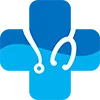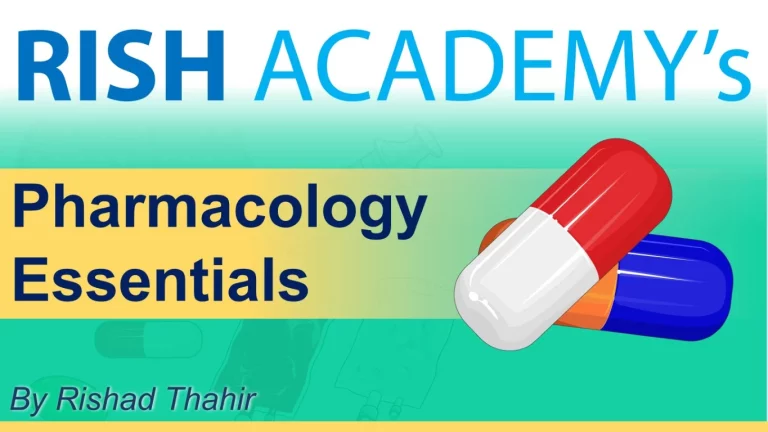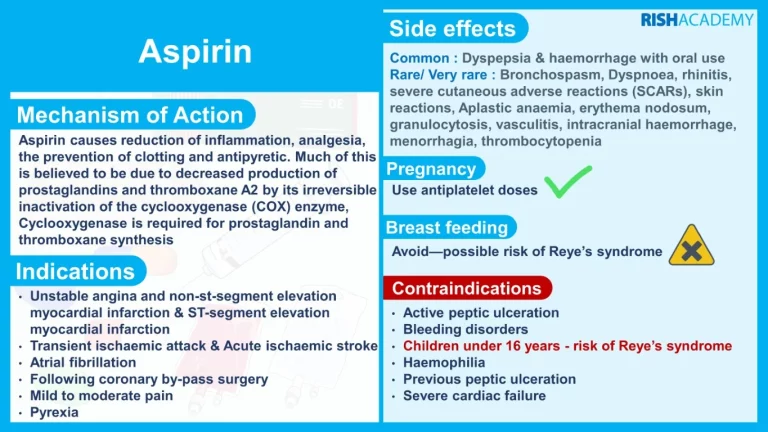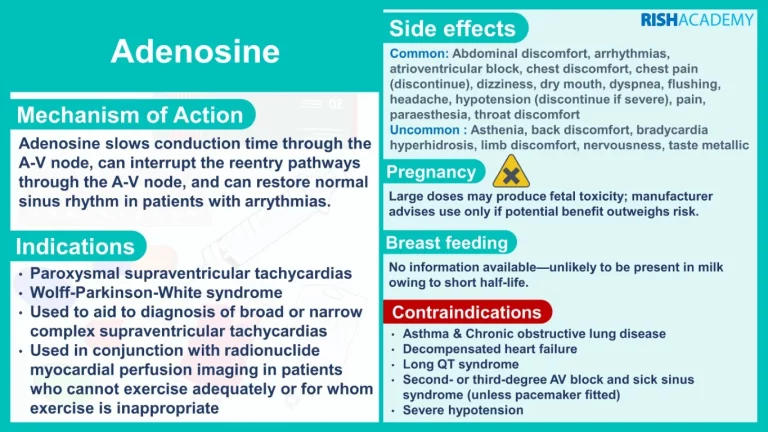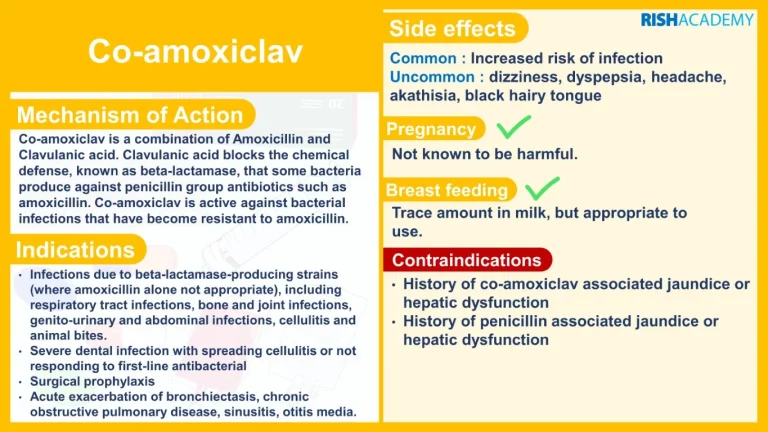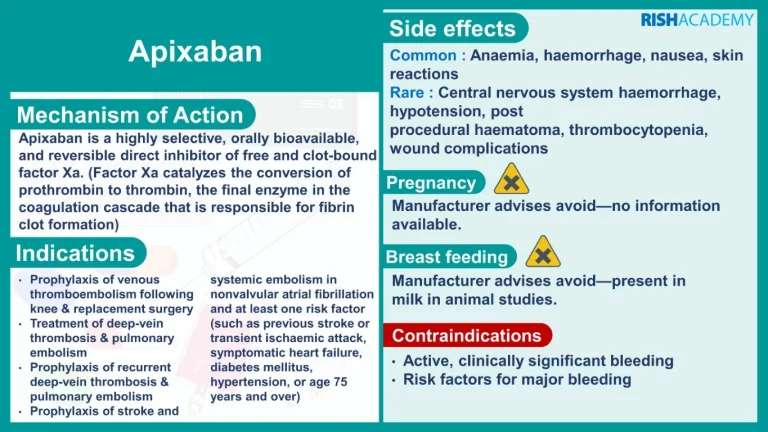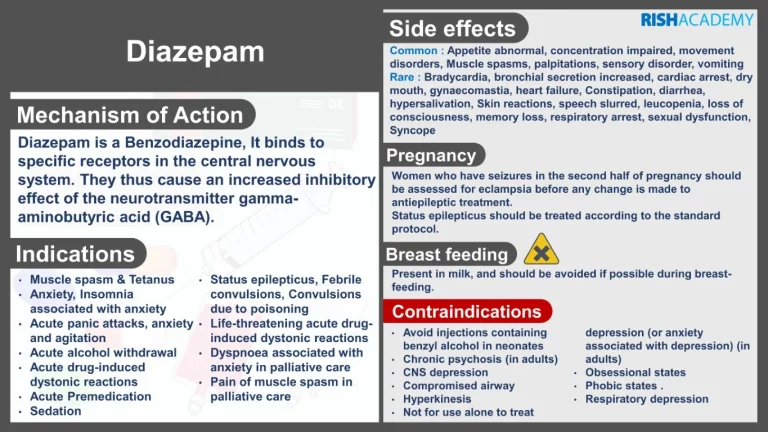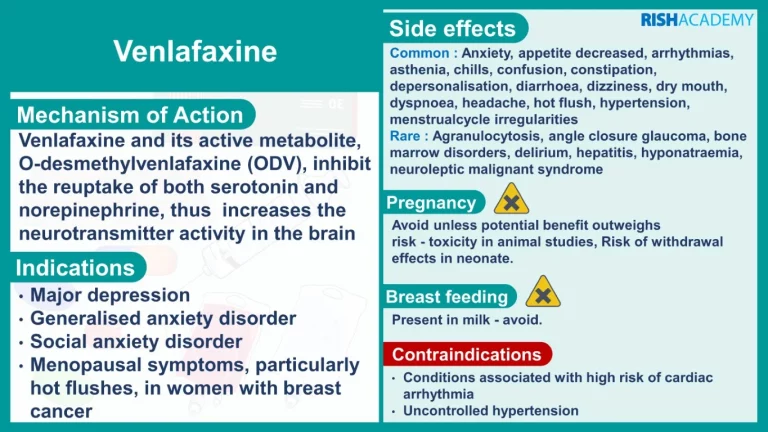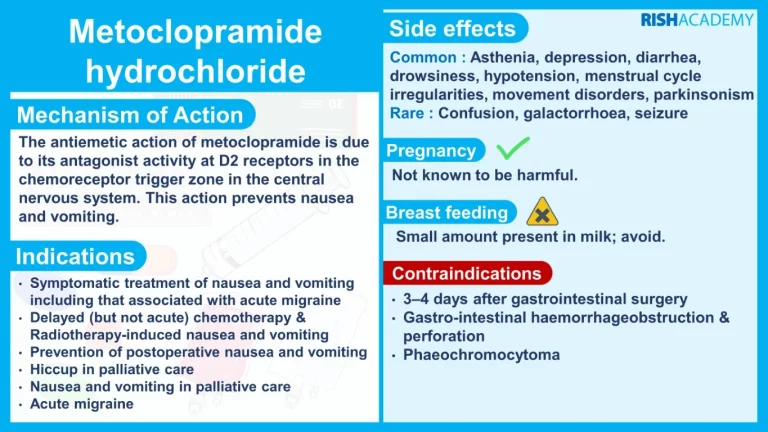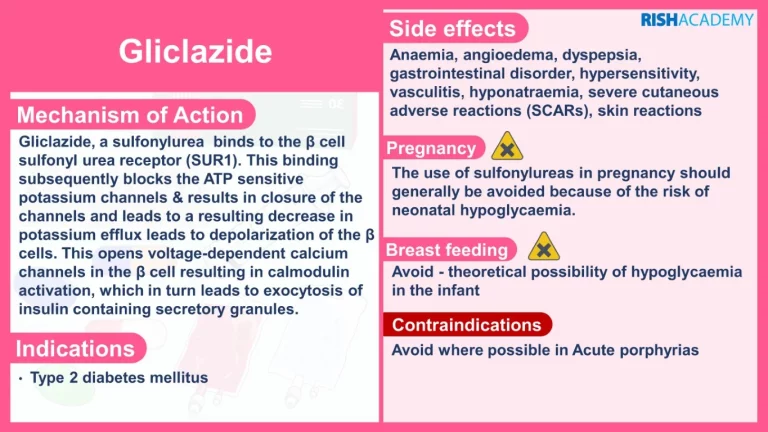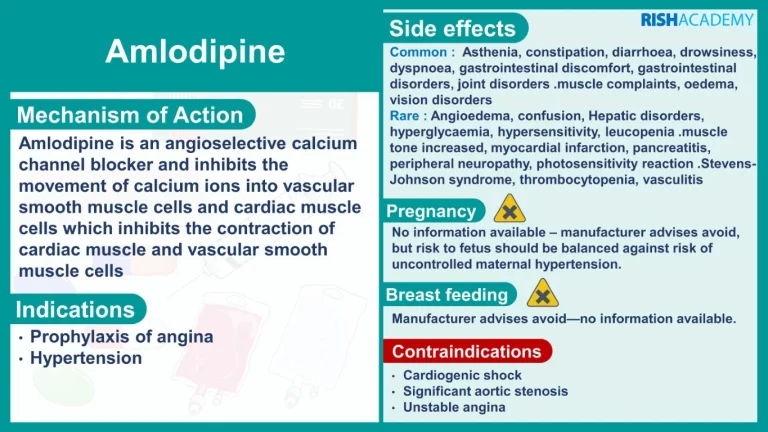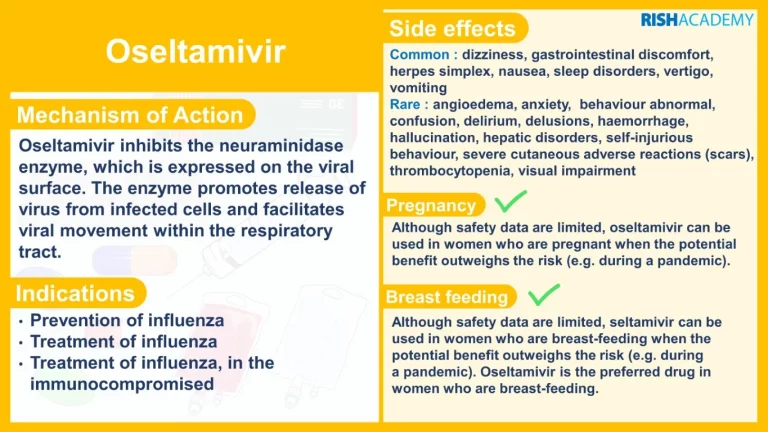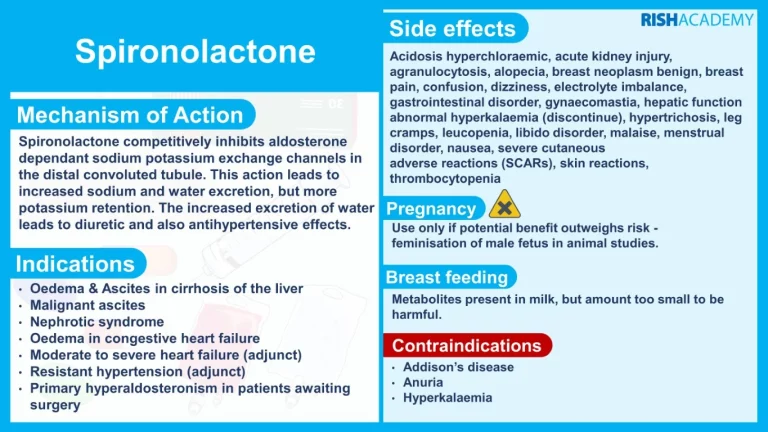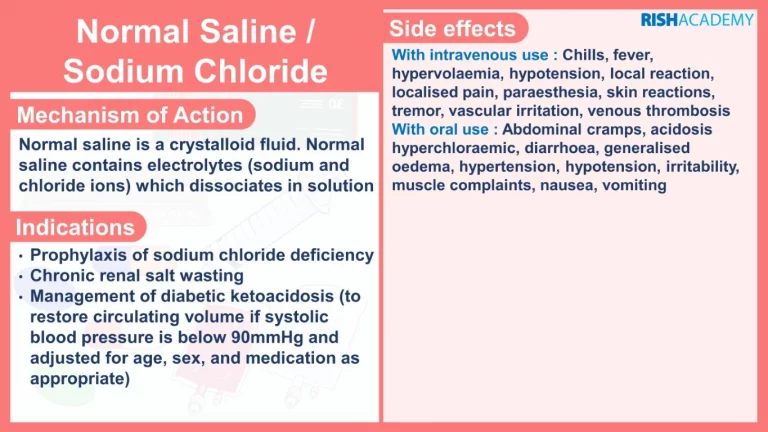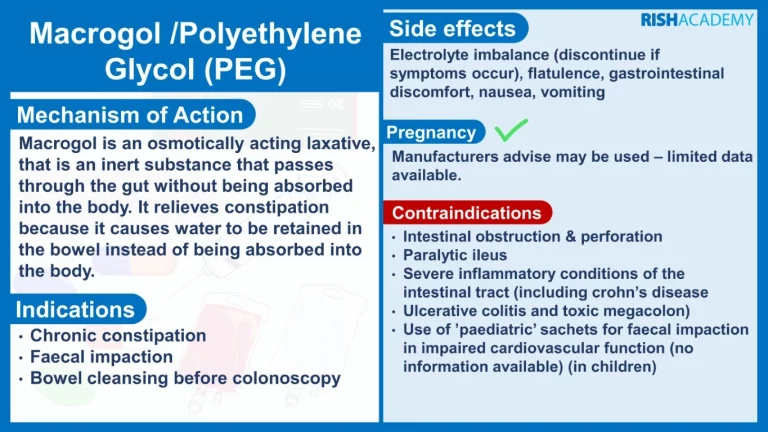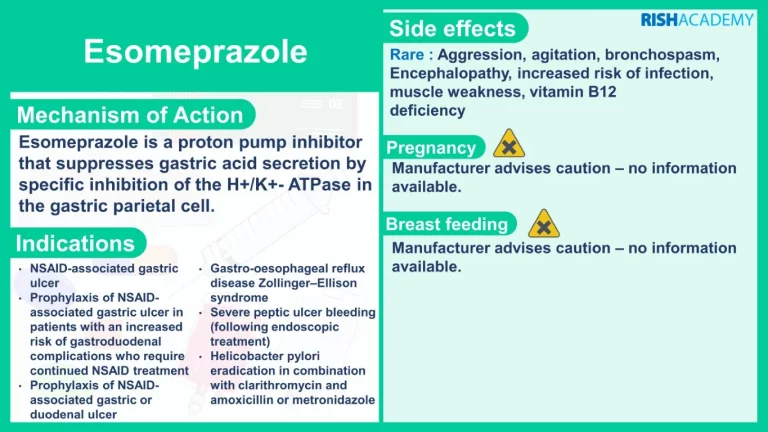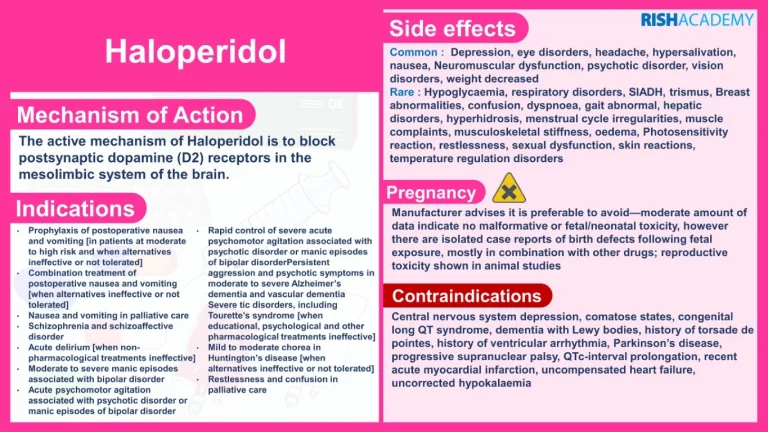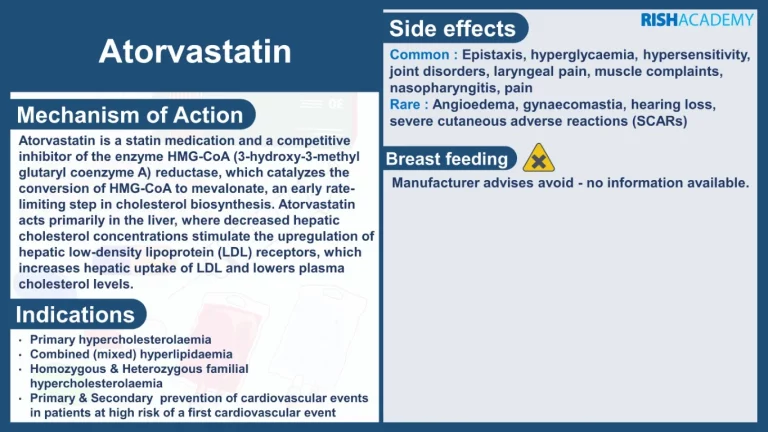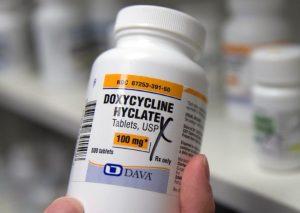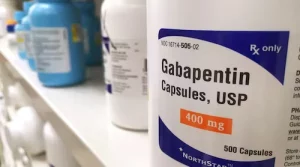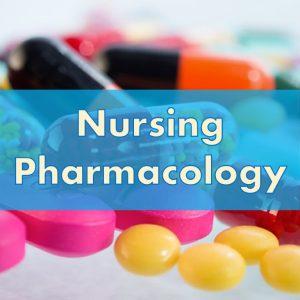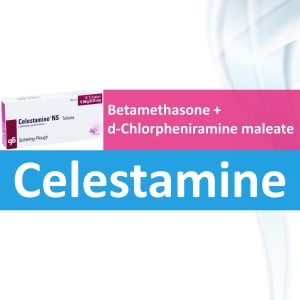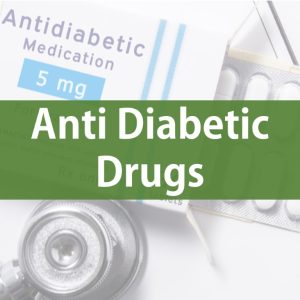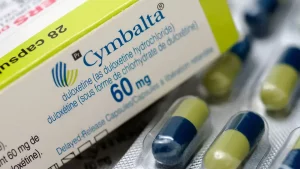- Newsletter
Nursing Pharmacology
Importance of Nursing Pharmacology
Nursing pharmacology plays an important role in the field of nursing, as it involves the study of drugs and their effects on the human body.
Nursing pharmacology is an essential subject that equips nurses with the knowledge and skills necessary to administer medications safely and effectively. From understanding drug classifications to monitoring patient responses, nurses must possess a strong foundation in pharmacology to ensure optimal patient care. In this article, we will explore the significance of nursing pharmacology and highlight key aspects that nurses need to know to provide safe and competent medication administration.
1. Drug Classification and Principles
2. Medication Administration and Dosage Calculation
3. Pharmacokinetics and Pharmacodynamics
4. Patient Assessment and Monitoring
5. Medication Safety and Prevention of Medication Errors
Nursing Pharmacology Flashcards
We’ve created several sets of pharmacology flashcards to understand nursing pharmacology in the easiest way.
1. Analgesics
Analgesics are medications used to relieve pain without causing a loss of consciousness. They work by altering the perception of pain in the central nervous system (brain and spinal cord) or by blocking pain signals from reaching the brain. Analgesics can be categorized into two main types: opioids and non-opioids.
2. Antiarrythmatics
Antiarrhythmics are medications used to treat and manage abnormal heart rhythms, also known as arrhythmias. Arrhythmias occur when the electrical signals that coordinate heartbeats are disrupted, causing the heart to beat too fast, too slow, or irregularly.
Antiarrhythmic drugs work by restoring the normal electrical activity of the heart or by suppressing abnormal rhythms. These medications can be classified into different classes based on their mechanism of action and the specific type of arrhythmia they target.
3. Antibiotics
Antibiotics are a class of medications used to treat bacterial infections. They work by either killing bacteria (bactericidal) or inhibiting their growth and reproduction (bacteriostatic). Antibiotics are essential in combating various bacterial infections, helping to alleviate symptoms, prevent complications, and promote recovery.
Antibiotics can target specific types of bacteria or have a broader spectrum of activity, affecting a wide range of bacterial species. They may be classified into different groups based on their chemical structure, mechanism of action, and spectrum of activity.
4. Anticoagulants
Anticoagulants, also known as blood thinners, are medications that help prevent the formation of blood clots or the extension of existing clots.
5. Anticonvulsants
Anticonvulsants, also known as antiepileptic drugs (AEDs), are medications used to treat and manage seizures or convulsions associated with epilepsy or other neurological disorders. These medications help control the abnormal electrical activity in the brain that leads to seizures.
6. Antidepressants
Antidepressants are a class of medications primarily used to treat depression. They are also prescribed for other mental health conditions such as anxiety disorders, obsessive-compulsive disorder (OCD), post-traumatic stress disorder (PTSD), and certain chronic pain conditions. Antidepressants work by affecting the levels of certain chemicals in the brain called neurotransmitters, which play a role in mood regulation.
7. Antiemetics Definition
Antiemetics are medications that are used to prevent or relieve nausea and vomiting. They work by targeting the parts of the brain responsible for triggering these symptoms or by reducing the sensitivity of the stomach and intestines to certain stimuli.
Nausea and vomiting can occur due to various reasons, including motion sickness, chemotherapy, post-operative recovery, pregnancy, gastrointestinal disorders, or as a side effect of certain medications. Antiemetics help alleviate these symptoms and improve the overall well-being of individuals experiencing nausea and vomiting.
8. Antihyperglycemics
Antihyperglycemics are medications used to lower high blood glucose levels in individuals with diabetes mellitus. They are specifically designed to help manage and control hyperglycemia, which is an elevated level of glucose in the blood.
9. Antihypertensives
Antihypertensives are medications used to treat high blood pressure, also known as hypertension. Hypertension is a chronic condition characterized by elevated blood pressure levels, which can increase the risk of cardiovascular diseases, such as heart attacks, strokes, and kidney problems.
10. Antivirals
Antivirals are medications used to treat viral infections by inhibiting the replication and spread of viruses within the body. Unlike antibiotics, which are effective against bacteria, antiviral drugs specifically target viruses and their life cycle.
12. Diuretics
Diuretics, also known as water pills, are medications that increase the production of urine and promote the excretion of excess water and electrolytes from the body. They are commonly used to treat conditions such as hypertension (high blood pressure), edema (fluid retention), and certain kidney disorders.
Diuretics work by acting on the kidneys, where they enhance the elimination of sodium (salt) and water from the body. This process helps reduce the volume of fluid in the bloodstream, leading to a decrease in blood pressure and a reduction in edema.
13. Intravenous Fluids
Intravenous fluids, often referred to as IV fluids, are sterile liquids administered directly into the veins through an intravenous (IV) line. They are used to provide hydration, deliver medications, and maintain or restore the body’s fluid and electrolyte balance.
14. Laxatives
Laxatives are substances or medications that are used to promote bowel movements and relieve constipation. They work by stimulating or facilitating the movement of stool through the intestines and promoting the evacuation of the bowels. Laxatives are typically used when dietary and lifestyle changes are insufficient to alleviate constipation or for short-term relief of constipation caused by certain conditions or medications.
15. Proton Pump Inhibitors
Proton Pump Inhibitors (PPIs) are a class of medications used to reduce the production of stomach acid. They are primarily prescribed for the treatment of gastrointestinal conditions such as gastroesophageal reflux disease (GERD), peptic ulcers, and certain forms of gastritis.
PPIs work by blocking the action of proton pumps, which are enzymes found in the stomach lining. These enzymes play a key role in the secretion of acid into the stomach. By inhibiting the activity of proton pumps, PPIs reduce the production of gastric acid, thereby decreasing the acidity of the stomach.
16. Sedatives
Sedatives, also known as tranquilizers or hypnotics, are medications that are primarily used to induce relaxation, calmness, and sleep. They act on the central nervous system to produce a sedating or calming effect, making them useful in a variety of medical situations.
17. Statins
Statins are a class of medications used to lower cholesterol levels in the blood. They are primarily prescribed for the treatment and prevention of cardiovascular diseases, particularly in individuals with high cholesterol levels or those at risk of developing heart disease.
Statins work by inhibiting an enzyme called HMG-CoA reductase, which is involved in the production of cholesterol in the liver. By blocking this enzyme, statins reduce the amount of cholesterol synthesized by the liver and increase the liver’s ability to remove cholesterol from the bloodstream. This leads to a decrease in total cholesterol, low-density lipoprotein (LDL) cholesterol (often referred to as “bad” cholesterol), and triglyceride levels while increasing high-density lipoprotein (HDL) cholesterol (often referred to as “good” cholesterol) levels.
- Library
